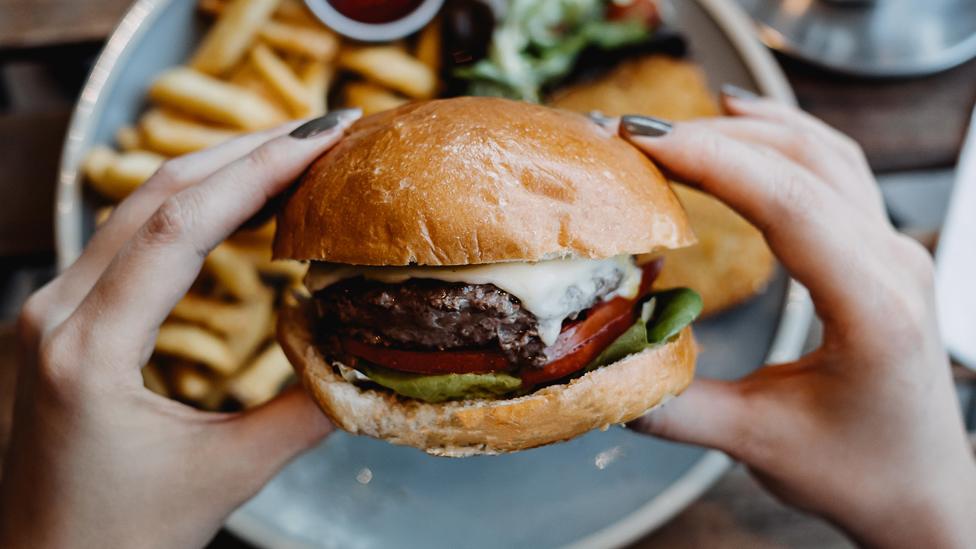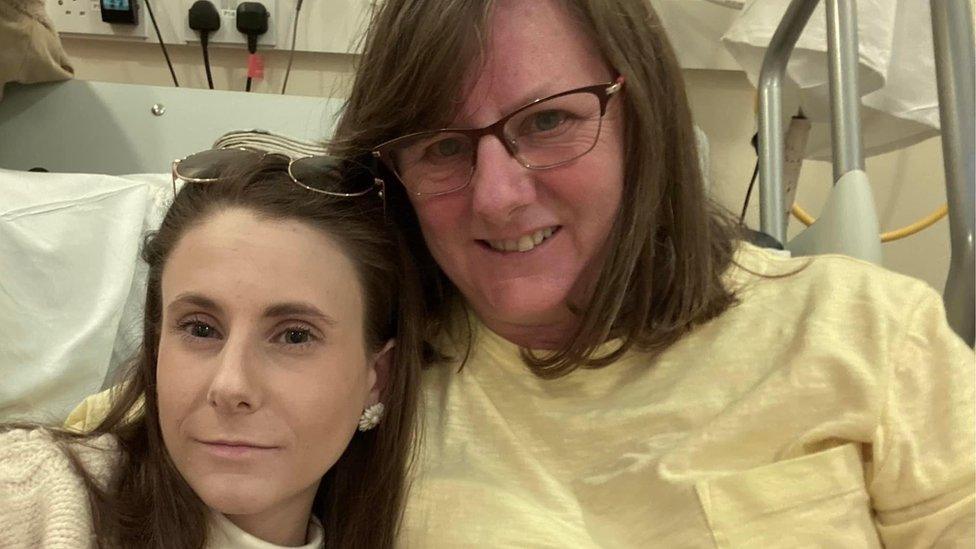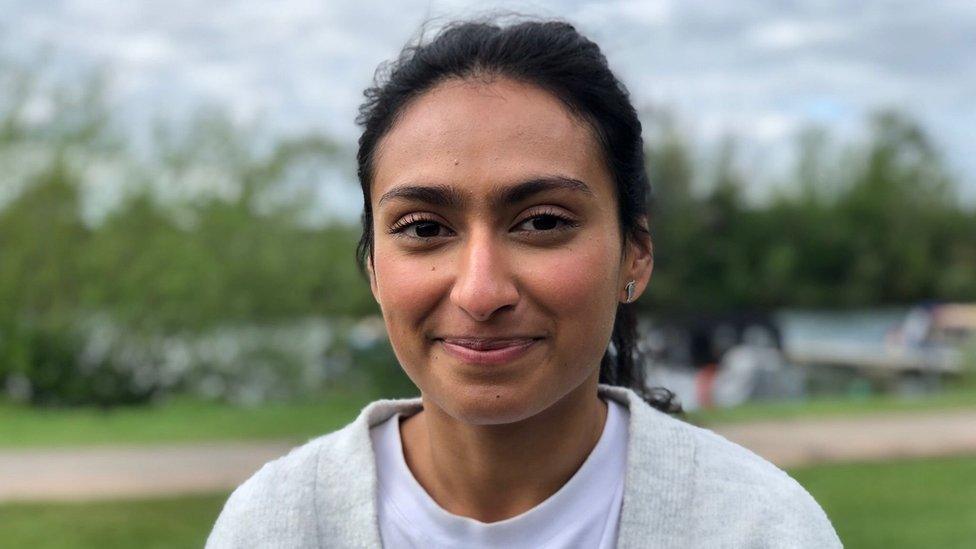Eating disorders: Toolkit to help schools cope developed
- Published

The "toolkit" is designed to help school nurses with the techniques in dealing with the disorders
Mental health professionals will unveil a "toolkit" to help school nurses support pupils with eating disorders.
Bath-based campaigner Hope Virgo developed the strategy with the School and Public Health Nurses Association (Saphna) after a rise in cases.
Numbers of those waiting for treatment has increased more than three fold since March 2020, one charity says.
The toolkit aims to equip school nurses with techniques to discuss eating disorders, and also "what not to say".
Ms Virgo has called on the government to deal with the backlog those waiting for treatment, which totalled 1,946 at the beginning of March, data from eating disorder charity Beat shows.
'Inform ourselves better'
The strategy is available to download from Saphna's website, and will be unveiled at a parliamentary launch later.
Sharon White, Saphna's chair, said the organisation had been promoting the toolkit among its members.
"We can't solve the huge waiting lists and reduced services, but what we can do is inform ourselves better," she said.
The toolkit provides "the hints, the tips, the language, the stock phrases, and importantly, what not to say", Ms White added.
The Department of Health and Social Care has been supportive of the scheme, Ms White said, adding it may adopt it as part of its own guidance in future.
Ms Virgo, who has written several books on mental health, said schools were often left trying to "pick up the pieces" when students are unable to get support.
She said she believed the uncertainty and anxiety caused by the pandemic had made the problem worse, but warned there had also been a "normalisation" of eating disorders within society, through a relentless focus on calorie counting and body image.
'Not enough services'
Speaking to BBC Radio Somerset, Ms Virgo said: "Obviously we've had a very challenging couple of years living through the pandemic where there has been a huge amount of uncertainty, a huge amount of isolation which we know are two things that eating disorders really thrive off.
"But I think generally in society what we have seen is the normalisation of eating disorder culture - an intense focus on calorie counting, on body image.
"All these things added up together, plus throw in the genetics of a person as well, that is causing this increase in people struggling with eating disorders."
But she said the biggest issue was that there were just not enough services.
"Hence why the school nurses are often having to pick up the pieces around young people who need that support," she said.
This report was based on interviews carried out by Claire Carter for BBC Radio Somerset

Follow BBC West on Facebook, external, Twitter, external and Instagram, external. Send your story ideas to: bristol@bbc.co.uk , external
Related topics
- Published6 August 2022

- Published30 May 2022

- Published19 May 2022
